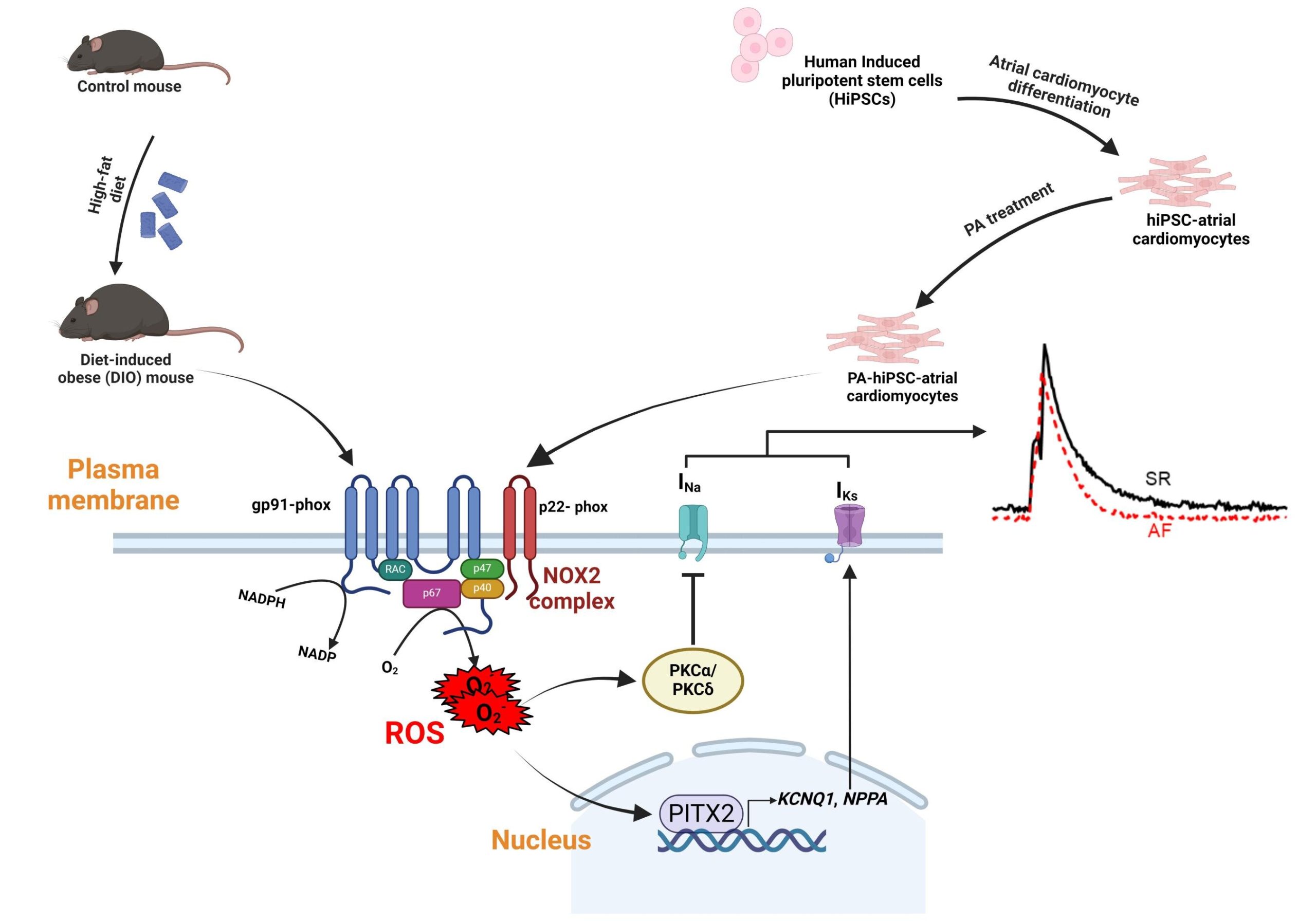Nature gave ticks, mosquitoes and leaches a quick-acting way to keep blood from clotting while they extract their meal from a host.
Now the key to that method has been harnessed by a team of Duke researchers as a potential anti-clotting agent that could be used as an alternative to heparin during angioplasty, dialysis care, surgeries and other procedures.
Publishing in the journal Nature Communications, the researchers describe a synthetic molecule that mimics the effects of compounds in the saliva of blood-sucking critters. Importantly, the new molecule can also be swiftly reversed, enabling clotting to resume when needed after treatment.
“Biology and evolution figured out anti-coagulation multiple times with a highly potent strategy,” said senior author Bruce Sullenger, Ph.D., professor in the departments of Surgery, Cell Biology, Neurosurgery and Pharmacology & Cancer Biology at Duke University School of Medicine. “It’s the perfect model.”
Sullenger and colleagues at Duke and the University of Pennsylvania — including lead author Haixiang Yu, Ph.D., a member of Sullenger’s lab — started from the observation that all blood-sucking organisms evolved a similar system to inhibit blood clotting. The anti-clotting agent in their saliva uses a two-pronged process, binding to the surface of certain clotting proteins in the host’s blood, and entering into the protein’s core to temporarily inactivate clotting during a blood meal.
Blood-sucking organisms target different proteins among the sequence of more than two dozen molecules involved in clotting, but the research team concentrated on engineering molecules to home in on thrombin and factor Xa in human blood, achieving the dual-action anti-clotting function against these proteins.
The next challenge was devising a way to reverse the process — essential for clinical applications to ensure that people don’t hemorrhage. With the activation mechanism fully elucidated, the researchers were able to reverse engineer an antidote that quickly restores clotting.
“We believe this approach could be safer for patients and generate less inflammation, as well,” Yu said.
Another plus is that it is a synthetic molecule, unlike the current clinical standard for the past 100 years, heparin. Heparin is isolated from pig intestines, requiring a massive farming infrastructure that generates pollution and greenhouse gases.
“This is part of a new passion of mine — improving agents that control blood clotting to help patients, while also being responsible from a climate perspective,” Sullenger said. “The medical field is starting to recognize that there’s a big problem here, and we need to find alternatives to using animals for making medicines.”
In addition to Sullenger and Yu, study authors include Shekhar Kumar, James W. Frederiksen, Vladimir N. Kolyadko, George Pitoc, Juliana Layzer, Amy Yan, Rachel Rempel, Samuel Francis, and Sriram Krishnaswamy.
The study received funding support from the National Institutes of Health (P01-HL139420, 23POST1018721). Duke has submitted a patent application on the thrombin and factor Xa EXACT inhibitors; Sullenger and Yu are listed as inventors.


